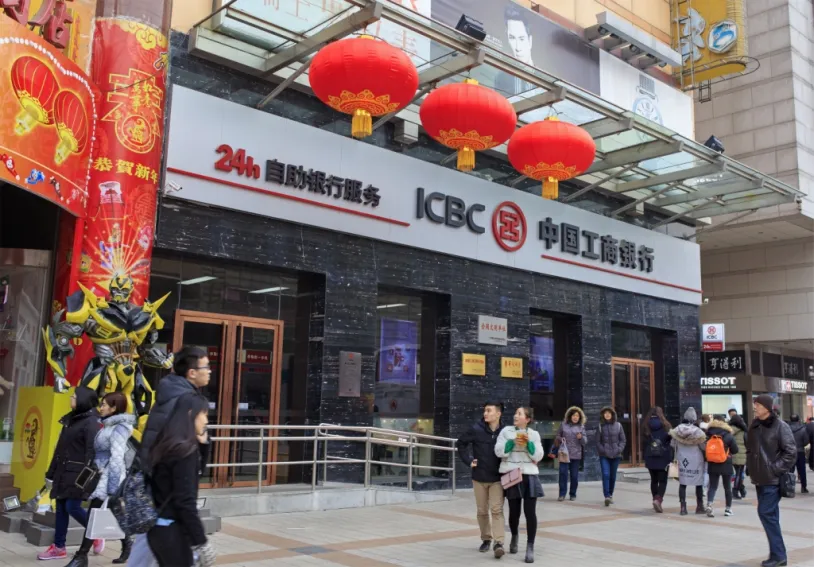
China's shadow banking sector shrunk to $9.02t in January-September
Trust loans and entrusted loans dropped sharply.
China’s shadow banking sector continues to contract after shrinking by $522.92b (RMB3.6t) to $9.02t (RMB62.1t) in the three quarters leading to end-September as banks shunned off-balance sheet activities in line with the government’s deleveraging campaign, according to Moody’s Investors Service.
The contraction in shadow banking activity has been led by a decline in trust loans, entrusted loans and undiscounted bankers’ acceptance which fell by $334.09b (RMB2.3t) over the same period. Assets funded by the banks' off-balance sheet wealth management products and the asset management products of non-bank financial institutions also dropped by a further $232.25b (RMB1.6t).
Also read: China's entrusted loans plunge 3.5% in January-April as banks shun shadow finance
In fact, the shadow banking sector now totals 70% of China’s GDP in September compared to 87% in 2016 and 79% in 2017.
"Reduced shadow credit supply in China has restrained overall credit expansion and stabilised economy-wide leverage," Michael Taylor, a Moody's managing director and chief credit officer for Asia Pacific said in a statement
However, micro and small enterprises which account for over a bulk of the country’s economy were hit by sharpest retrenchment to credit access given their heavy reliance on shadow finance for their business needs.
As the deleveraging campaign continues to weigh on economic performance, authorities have since doubled down to ease monetary policy in an effort to preserve growth and stability whilst containing financial risk. "Looking ahead, we expect the government will adopt a more gradual approach to controlling broad shadow banking activities to limit the disruptions to economic and financial stability. As a result, the shadow banking sector in China will contract at a slower pace in 2019 when compared with 2018," added Xu.






![Lorem Ipsum [ABF 1]](https://cmg-qa.s3.ap-southeast-1.amazonaws.com/s3fs-public/styles/exclusive_featured_article/public/2025-03/a_hand_pointing_to_a_futuristic_technology_5b87c9d0e3_1.png.webp?itok=2w0y1WhS)


![Cross Domain [Manu + SBR + ABF + ABR + FMCG + HBR + ]](https://cmg-qa.s3.ap-southeast-1.amazonaws.com/s3fs-public/styles/exclusive_featured_article/public/2025-01/earth-3537401_1920_4.jpg.webp?itok=WaRpTJwE)








 Advertise
Advertise

